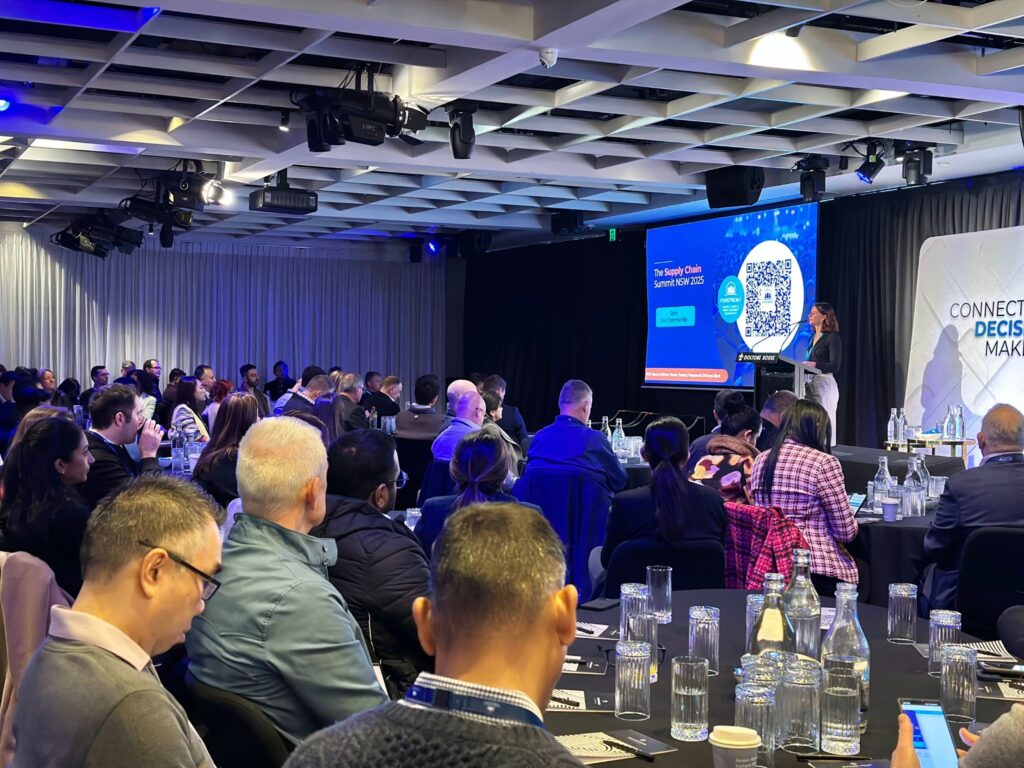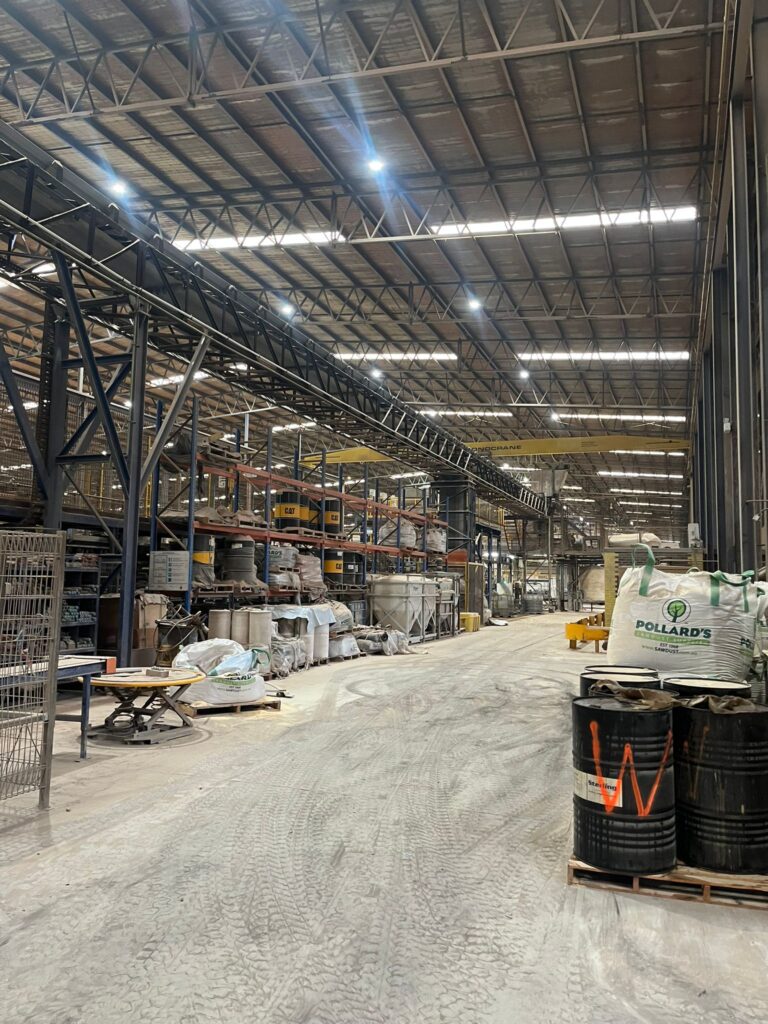As the leading supply chain planning advisory firm in ANZ, Argon & Co frequently receives questions like: “What does the future hold for supply chain planning?” or “What’s the next big development?” Business leaders are also keen to understand how data, automation, and AI will reshape their planning capabilities. In this series of articles, Argon & Co will share our insights into the future of supply chain planning. This first instalment will focus on the overarching themes, with deeper dives into specific topics and industries in upcoming editions.
Enhanced Agility
Future supply chain planning will emphasise speed, efficiency, and responsiveness. Businesses will adopt faster planning cycles and increase the frequency of Sales and Operations Execution (S&OE) alongside Sales and Operations Planning (S&OP). Decision-making processes will become more streamlined, supported by the adoption of control towers to monitor and respond to real-time events.
Broader Scope of Planning
Planning will no longer be constrained by company boundaries. The future requires supply chains to extend their scope, integrating customers and suppliers to enhance collaboration. In addition to the traditional focus on demand and supply, financial metrics and sustainability considerations will become key components. Achieving this level of insight demands full end-to-end visibility across the value chain, breaking down silos for a more connected approach.
Deeper, More Granular Planning
As planning capabilities evolve, organisations will achieve greater precision and detail in their forecasts. Businesses will delve deeper into various dimensions—product, geography, customer segments – across different time horizons. This level of detail will improve our ability to identify root causes of plan deviations, manage the bullwhip effect, and manage supply chain disruptions.
Embracing Scenario Planning and Simulations
Uncertainty will be built into the fabric of future planning processes. Companies will adopt simulation and scenario planning processes and tools to better manage unpredictability, running strategic, tactical, and operational simulations to anticipate demand and supply shifts and other risks. These capabilities will support a more robust and flexible supply chain that is prepared for any eventuality.
The future of supply chain planning requires a shift towards more integrated, adaptive and responsive processes and systems. Argon & Co in the “future of supply chain planning” article series will introduce and explore the following framework:

This framework outlines how supply chains can achieve this by focusing on key areas that enhance agility, collaboration, data-driven decision-making and real-time responsiveness. By combining advanced planning tools, seamless customer & supplier collaboration, use of external data sources in Artificial Intelligence applications and real time simulation. This approach aims to create a more resilient and efficient supply chain, it fosters an environment where planning is continuous, self-adjusting, and capable of addressing complex challenges across various dimensions ensuring that supply chains remain flexible, responsive and aligned with business goals.
The associated changes for our planning organisations are extensive; we require more advanced analytics and technology capabilities, planners become problems solvers as well as decision makers and future planners will be working to orchestrate the end-to-end value chain instead of planning a single part of the plan. At the core of this framework is the seamless connection of internal and external stakeholders, this end-to-end real time visibility enables businesses to orchestrate their supply chains effectively, adjusting to any uncertainties. Stay tuned, we will provide deeper dives into specific topics and industries in upcoming editions of “The Future of Supply Chain Planning”.
For any questions and to subscribe to “The Future of Supply Chain Planning” series please contact [email protected]







